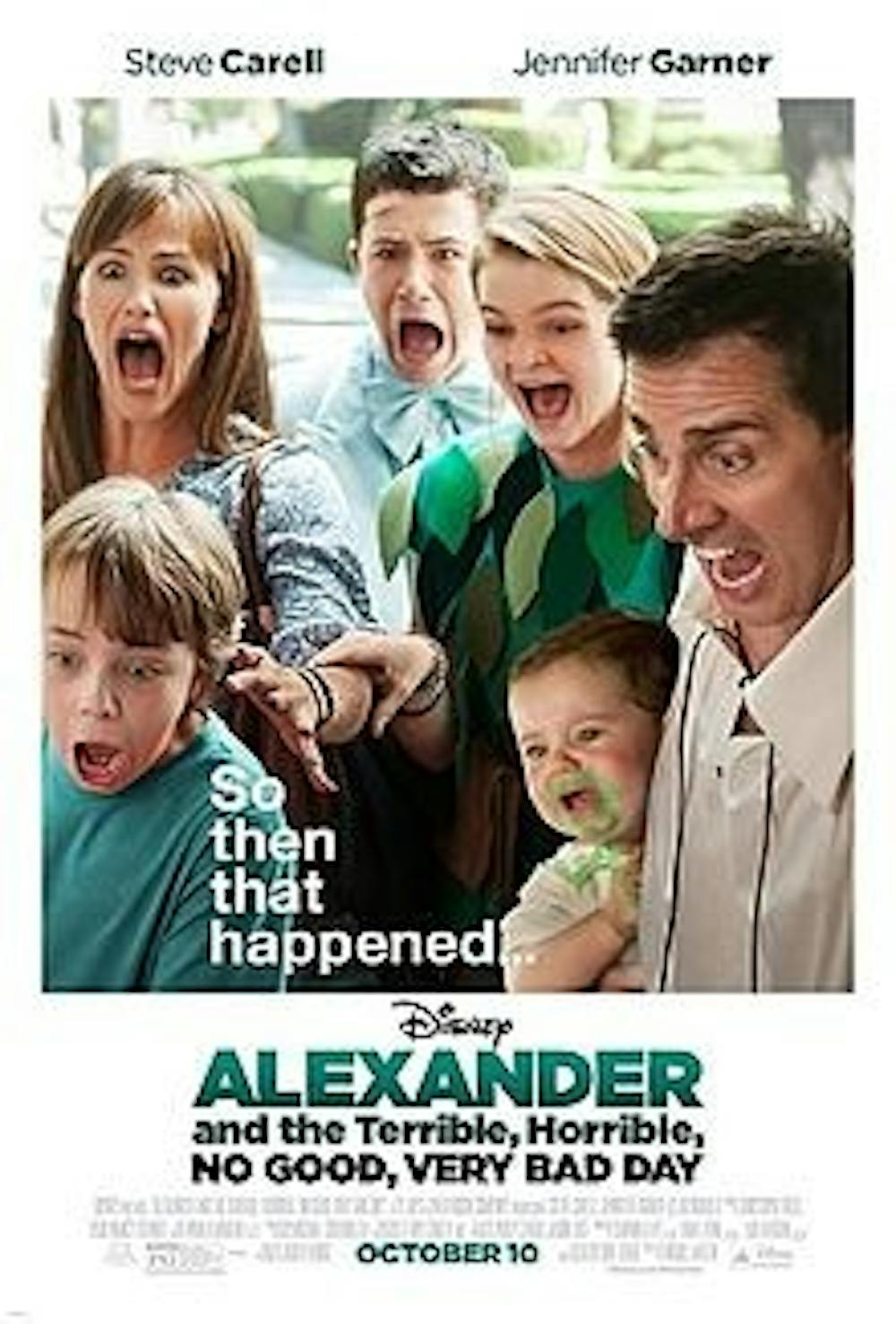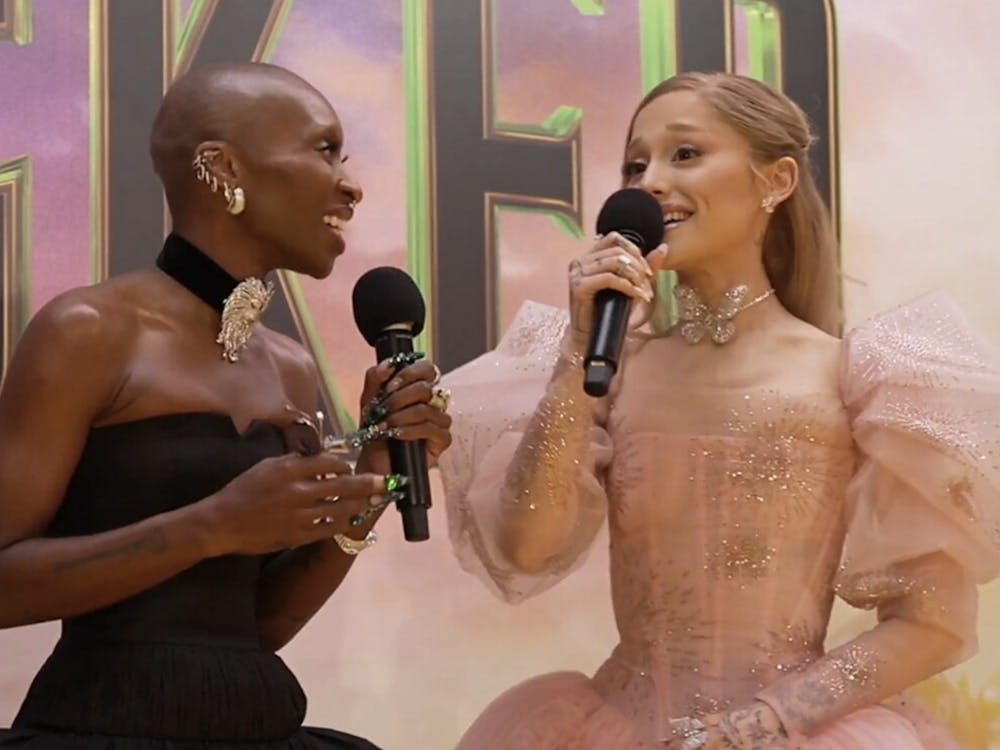Busted-up, doorless minivans, a Peter Pan school play gone awry and a runaway kangaroo are just some of the antics which ensue when 12-year-old birthday boy Alexander Cooper wishes his seemingly perfect family would — just once — have a day in which nothing went their way. In Miguel Arteta’s film adaptation of Judith Viorst’s classic children’s book, “Alexander and the Terrible, Horrible, No Good Very Bad Day,” audiences will find a spontaneous and light-hearted movie sprinkled with some unfortunate clichés.
The film’s blockbuster cast makes it promising from the get-go. Steve Carell portrays Alexander’s unemployed, ever-optimistic father Ben Cooper, while Jennifer Garner plays supermom Kelly Cooper who is working for a promotion at her publishing company. Carell’s goofy, dad-like style of humor complements Garner’s sweet and nurturing persona — making the two a parental dream team.
The family’s most important upcoming events — Ben’s job interview, Kelly’s book launch, son Anthony (Dylan Minnette)’s prom and the school play of daughter Emily (Kerris Dorsey) — all fall on the day Alexander’s birthday wish comes true, leaving the audience to watch as everything which could possibly go wrong does.
Because the movie reveals in the beginning that the whole Cooper family is in for a day of misfortune, it treads into the dangerous waters of predictability. Still, “Alexander” manages to evade the tedium of the expected in the ways the events go wrong. This is what keeps viewers on their toes — disaster is clearly coming, but it is unclear how, shaping a fun movie-going experience. Unfortunate event follows unfortunate event, and each is a delightful surprise — in a cringe-worthy, glad-that-wasn’t-me sort of way.
Despite this, “Alexander” still sinks into the comfortable lull of clichéd themes typical of family movies. There’s the all-too-common realization at the end that the family will always be there for each other, both through good days and “terrible, horrible, no good very bad” ones. Young Alexander sees that his family is not perfect, and he understands and appreciates how much they love and care for him.
It’s not that these themes aren’t heartwarming, they just don’t make “Alexander” particularly distinguishable from the array of films which have replicated these adages time and time again.
Despite the commonplace “lessons learned” at the end of the film, “Alexander” delivers a better-than-expected account of one family’s struggle to endure a day relentless in its slew of setbacks.





